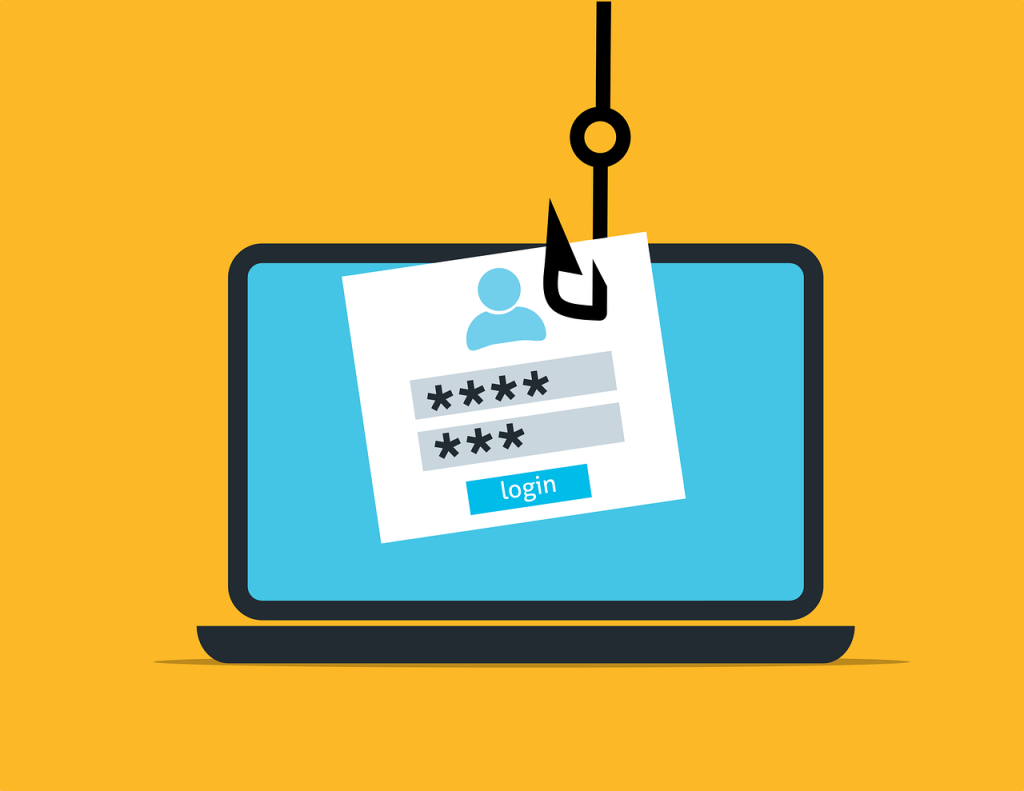Financial fraud and phishing (Phishing), we take stock of the methods used by fraudsters with vacation rental owners and the vigilance required to comply with certain requests.
Summary:
Financial fraud, the most common for renters of furnished tourist accommodation
It's booking season for vacations and upcoming big weekends, and among the reservation requests vacation rental owners receive, some may turn out to be malicious.
Payment greater than the amount requested
The fake tenant sends a check for more than the asking price, and then asks the landlord for a refund of the difference. The owner then makes a transfer to the false tenant. The check will then be stopped, or the payment will be rejected by the bank because the fraudster's account is not funded. But the reimbursement will be collected by the scammer.
The false RIB
The owner requests payment for the rental by transfer, and therefore sends a RIB, as well as a copy of the rental contract completed and signed by both parties. The fraudster then has enough information in hand to make a request to the owner's bank in his name, and request a transfer to his own account.
Phishing, or for stealing information What is that ?

Better known as Phishing, phishing is a method that encourages the victim to provide their personal data for subsequent fraudulent use. The fraudster often pretends to be a known service (bank, telephone operator, energy supplier, etc.) or a service offering a very attractive offer.
In the context of a vacation rental, the false tenant can request a copy of the owner's identity card (to ensure its existence), and then usurp his identity.
How to recognize a phishing practice in the context of a vacation rental?
- A lack of personalization;
- A request for personal data (CNI, personal address, etc.);
- Numerous spelling or grammatical errors;
- An incentive to click on a link or open an attachment.
Below we offer two practical sheets to keep:
Precautions to take
What are the signs that should alert you?
- An unusual or different payment method from the one you request (cash money order, postal money order, Moneygram, etc.);
- A payment higher than the asking price;
- A connection to a website for any reason;
- Using a password (provided by the fraudster) to connect to a website;
- Difficulty reaching the tenant by telephone (traveling abroad, no telephone, etc.).
If you have the slightest doubt, do not hesitate to contact your partner representative, and inform him of the message received. Our team can help you detect if it is indeed a scam or not.
The government website Cyber Maliciousness allows you to know the best practices to protect yourself, but also to report a scam and file a complaint if you think you have been the victim of a scam.
The latest frauds identified
- MACHADO Sabrina Marie: machadosabrinamarie@gmail.com (financial fraud)
- CHARPENTIER Pascal, Jean, Claude: charpentier.pjc@gmail.com (identity theft)
- ANDERSON Lisa: lisaa7864@gmail.com (identity theft)
- MANUEL Bruno: brunomanuel1952@gmail.com (financial fraud)
- GREBIN Gérald: mgrebin117@gmail.com (financial fraud)





